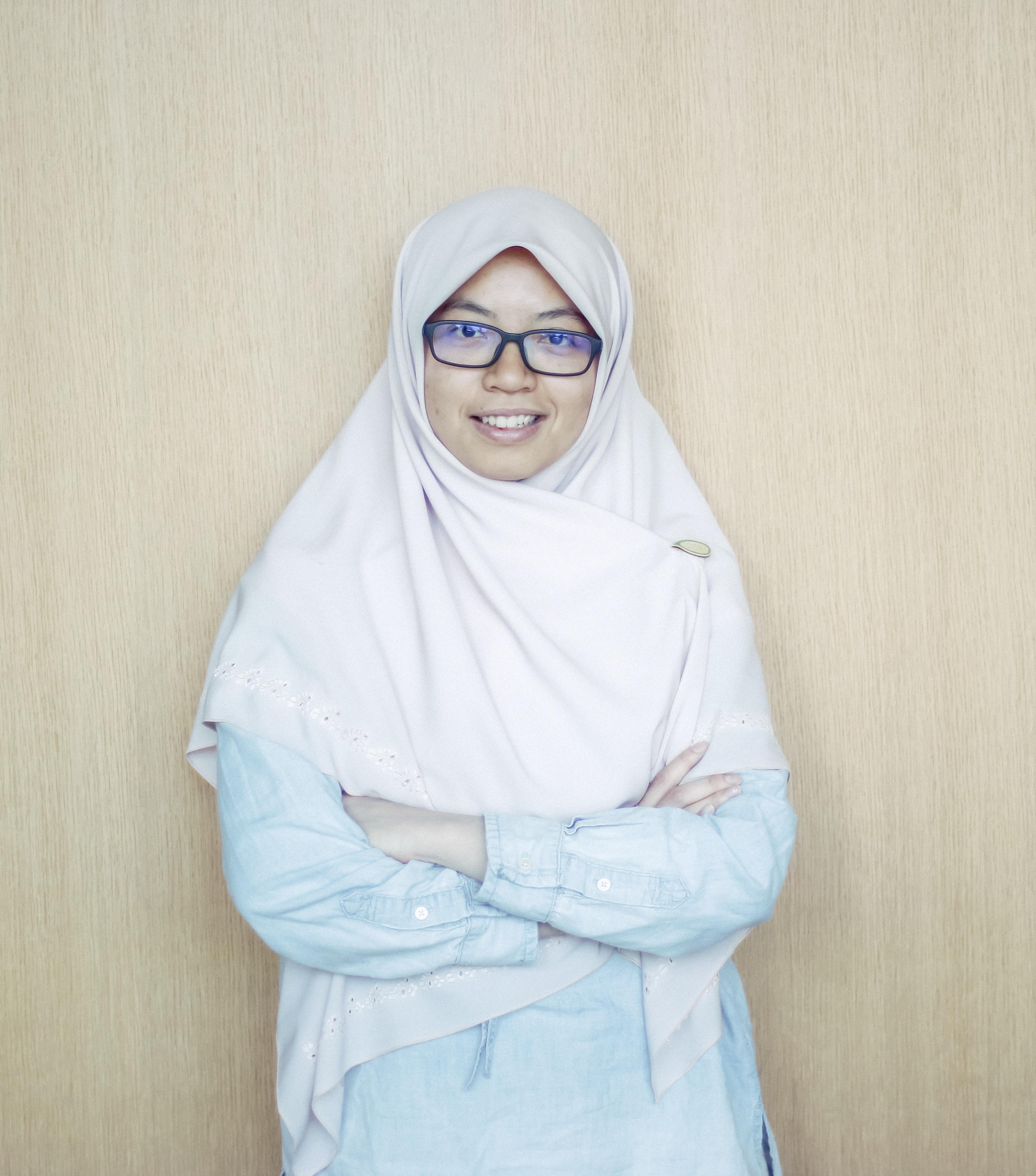
Submitted by K.L. Hlaba on Tue, 03/03/2020 - 15:30
Female researchers play vital roles in helping our communities, countries and world become more food secure. Dr Nadia Radzman, a plant science researcher, lets us know why legumes are important both in agricultural practice and in our diets. Her narrative also underlines the important role that supportive supervisors can play in positively guiding early career researchers' professional paths.
For my PhD, I studied a signalling peptide called CEP (C-terminally encoded peptide) that regulates lateral root and nitrogen-fixing nodules in a model legume, Medicago truncatula, when soil nitrogen is low.
I decided to study this because at that time, there were no studies done on this peptide and so we did not have any idea about its functions in the root system. I thought it would be exciting to study an unknown peptide that we could potentially use to improve legume root architecture. During my PhD, we managed to file a patent for this peptide that can be further developed as a root growth stimulant for crops.
My current research focuses on understanding the early development of nitrogen-fixing nodules which use shared regulators with lateral roots. Additionally, I still continue studying regulatory peptides that are involved in this pathway. I am also very passionate about tuberous legumes. As a side project, I am studying tuber development in legumes to understand how this group of plants could be very inventive by forming different root structures to adapt to their environment.
My work is important to food security because the current nitrogen usage has exceeded the safe operating limit for the sustainability of our planet, and legumes could help to improve agricultural need for better nitrogen use efficiency. I also believe that the underutilised tuberous legumes (that could be harvested for their beans and tubers) could potentially be revived as new food sources that are nutritious and sustainable.
When I was in secondary school, I loved studying biology and chemistry. Back then, I didn’t really like my physics teacher hence my lack of interest in the subject. (Although, I did develop a newfound appreciation of physics and mathematics after I finished my PhD!) After graduating from secondary school, I knew that I loved studying biology and wanted to pursue a career involving biology, but not as a medical doctor. So I decided to study for a degree in biotechnology, but even then, I never knew that I would be a professional scientist. After having a taste of research during the summer break in my second year of undergraduate studies, I realised that I love doing research. That summer research project was also my first exposure to plant sciences. My supervisor for the summer project saw potential in me and really motivated me to continue doing research. With his encouragement, I did an advanced research course in my third year and continued with an Honours year (a research-based final year in Australia). Eventually I did my PhD, and long story short - here I am, working as a plant scientist!
Please find Nadia's profile on our website.
Photo credit: Qingkun Dong.

